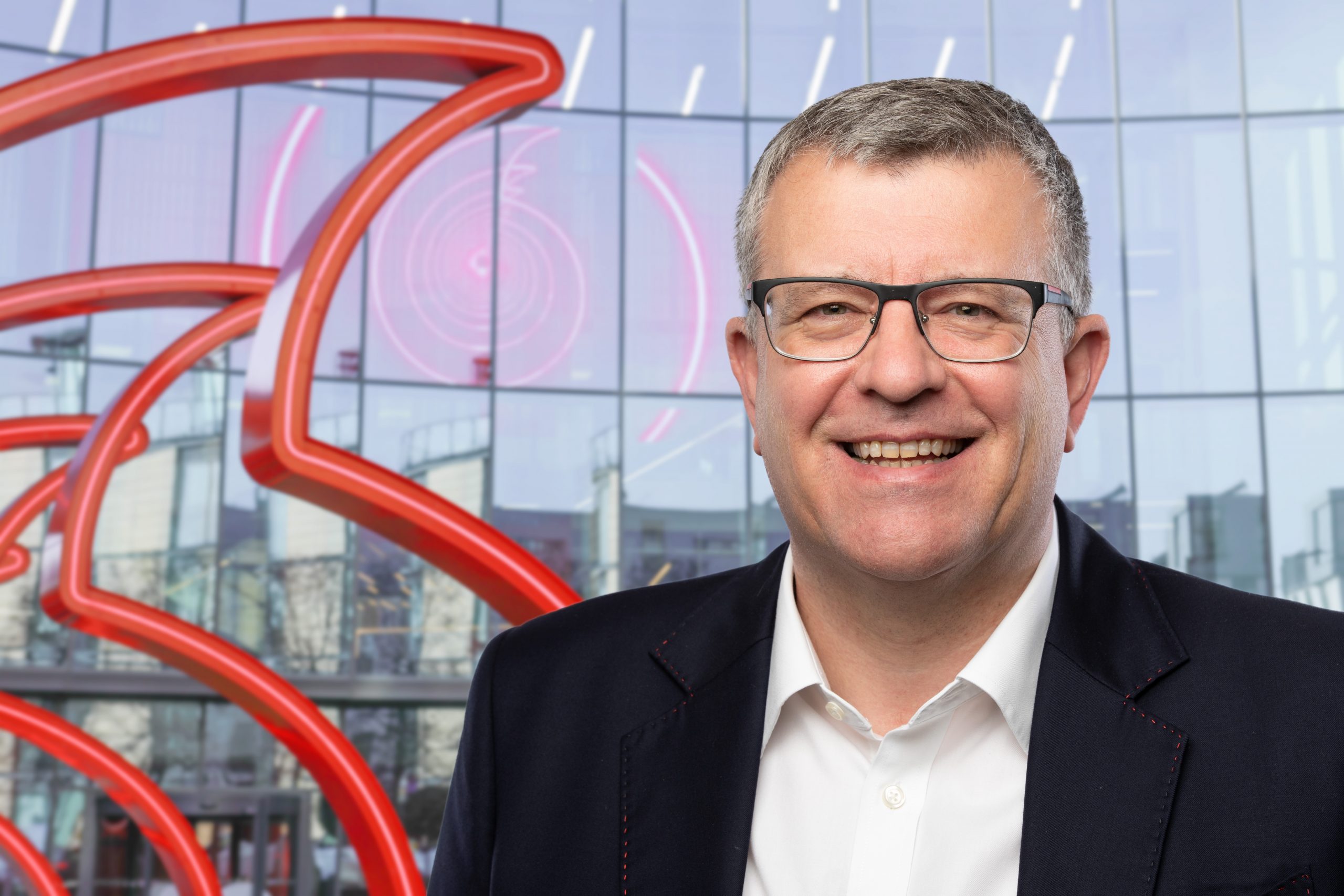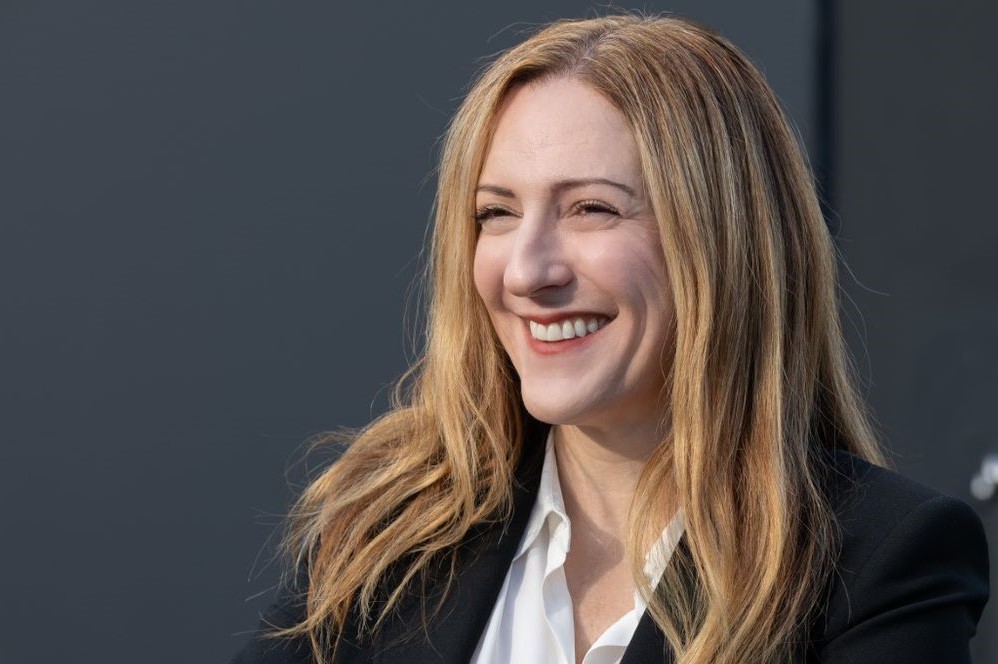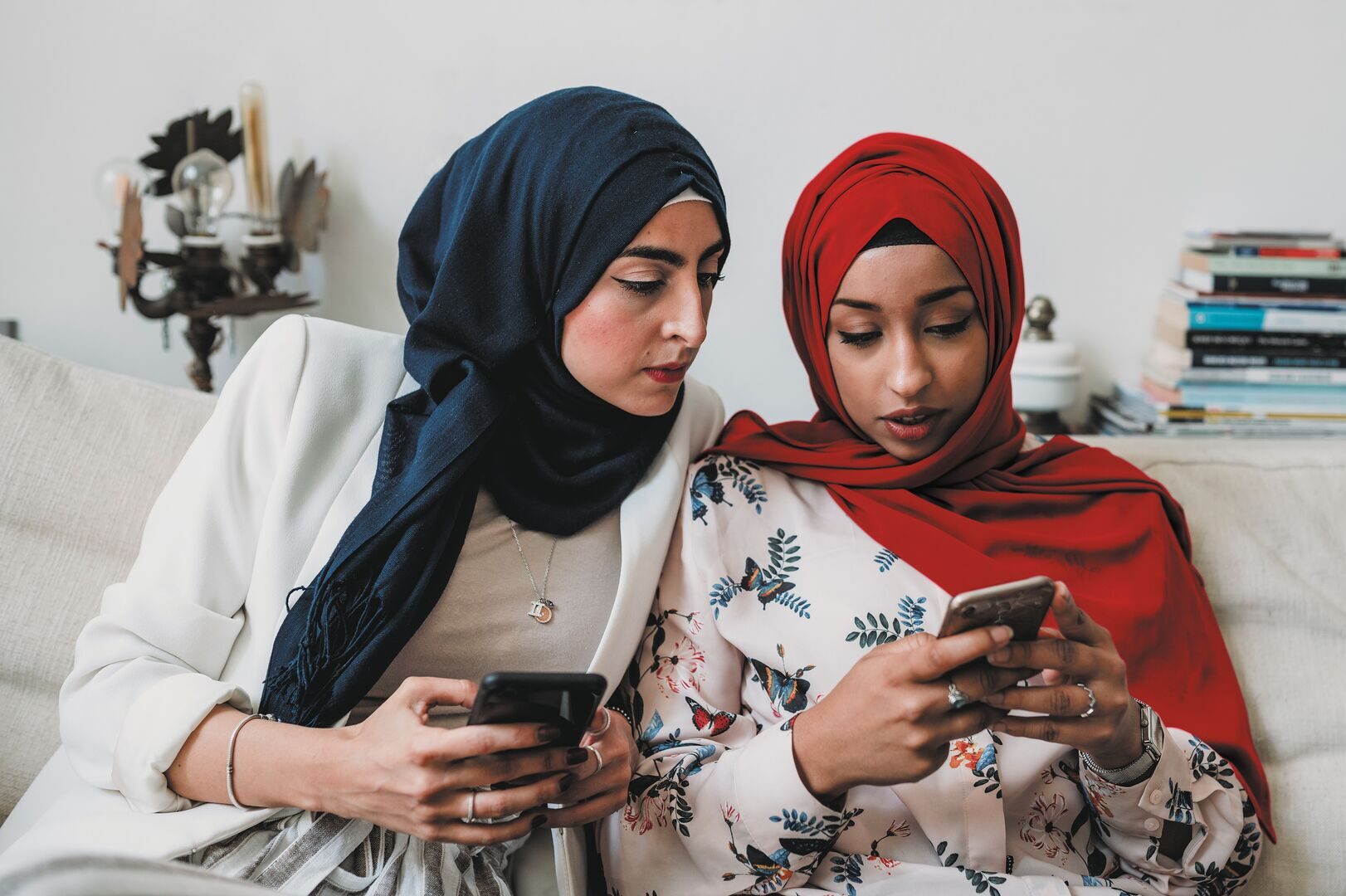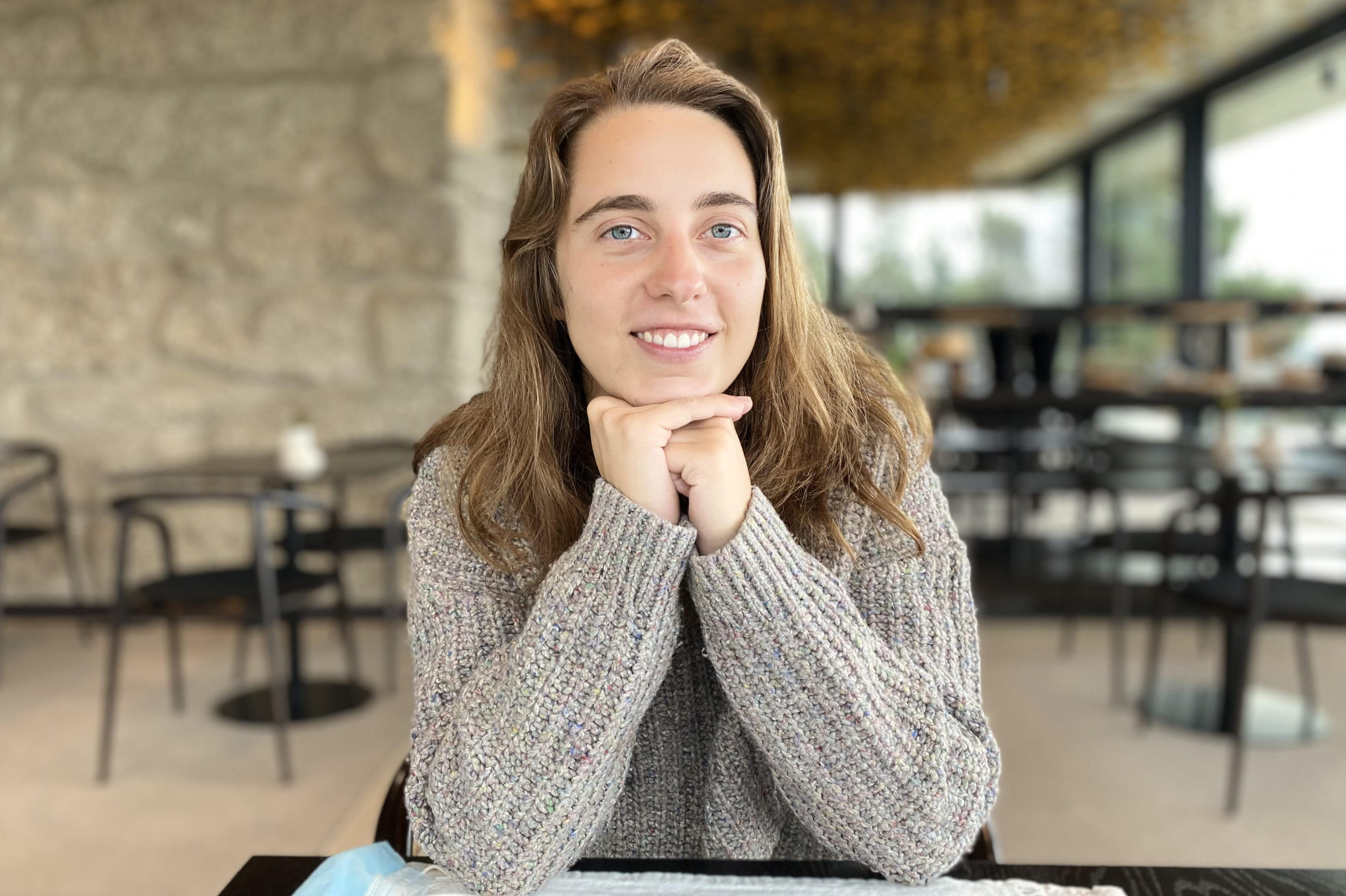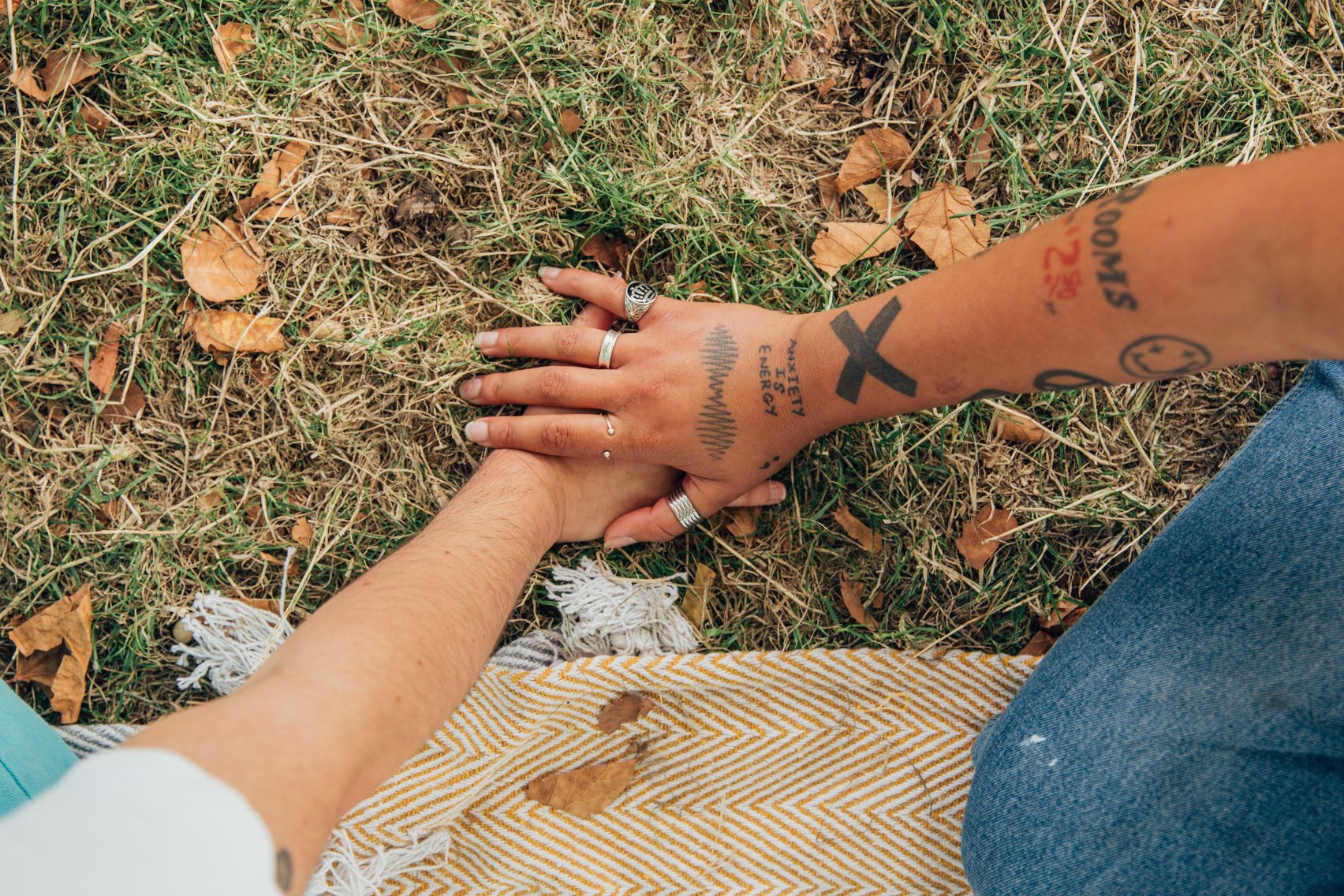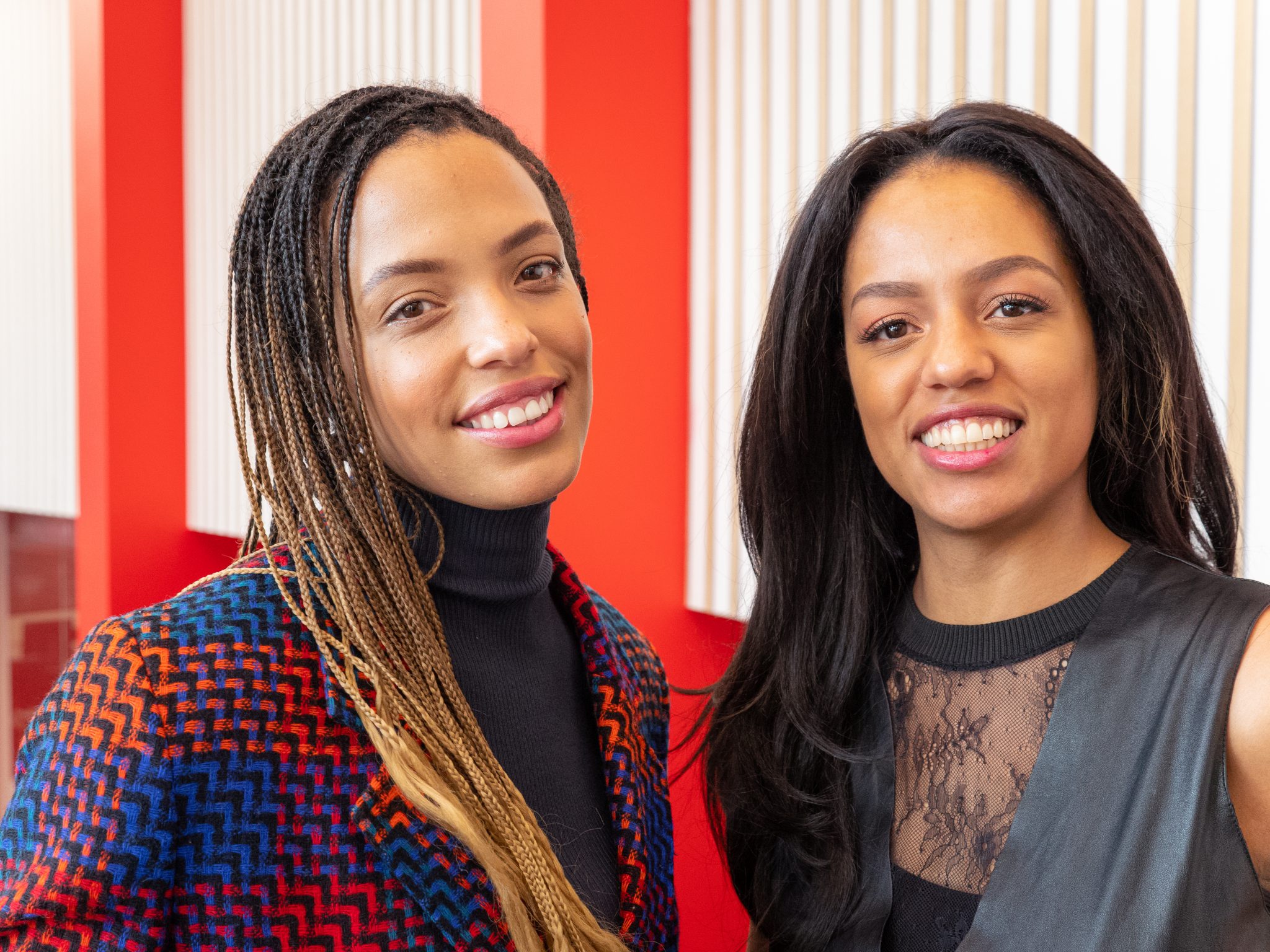
Vodafone and Digital Awareness UK are hosting a number of workshops across the UK aimed at helping parents, carers and kids stay happy and safe online.
Do you know your Roblox from your Minecraft, or your TikTok from your Snapchat? If not, you probably haven’t a clue what kids are playing or viewing online these days.
And it’s that self-confessed ignorance that is worrying many parents and carers, say sisters Charlotte and Emma Robertson, founders of Digital Awareness UK, an organisation that aims to help people navigate the sometimes treacherous waters of online and social media.
The internet is both a blessing and curse for many of us. Parents feel worried and out of control, unsure what their kids are doing online and what effect social media is having on their mental well-being, says Charlotte. Kids feel similarly anxious.
“We are passionate about helping all of you – parents, aunties, uncles, carers – become really confident when it comes to the internet,” Charlotte told a group of Vodafone employees recently at a Digital Parenting workshop at the company’s digital hub, The Speechmark, in London.
The team’s workshops aim to equip children and adults with the skills and confidence they need to manage their online lives safely. Vodafone and Digital Awareness UK are hosting a number of these events in schools and community centres across the UK throughout 2020.
Dangers and opportunities
Too many kids show addictive behaviour, whether it’s gaming into the early hours, incessantly chatting on Instagram, or obsessing about the number of likes they receive, research suggests. And cyber-bullying is a growing problem.
A recent survey by Childwise found that more than half of children say they sleep with their mobile phone beside their bed, and that most now have their own phone by the age of seven. The average time spent on mobiles by 7-16-year-olds has risen to three hours and 20 minutes per day.
So it’s up to parents to educate themselves about the apps and platforms their kids are using, Charlotte says.
https://www.youtube-nocookie.com/watch?v=uZan3hPrzWg
“Play the same games they play; use the same platforms they use. It’s the best way to understand what they’re experiencing – and what the dangers are,” she advises.
“Explore parental controls and discuss putting restrictions in place together. We do have to put those boundaries in place.”
Those family conversations are key, which is why Vodafone is also promoting the Digital Family Pledge, a programme to help parents, carers and kids broach sometimes difficult subjects and agree ground rules around how we use the internet and social media. Former Spice Girl Emma Bunton gives parents some tips here.
‘Be there, listen, be involved’
Anonymous messaging apps, such as Yolo, pose particular challenges for parents and can be very hurtful to kids whose self-esteem is closely bound up in what their friends think about them.
“Challenge anonymity,” she suggests. “Help kids to realise that you don’t get the truth when people are anonymous.”
Social media apps that delete your story or comments after a set period may tempt kids to be more unguarded in what they say and show. But the ability to take screenshots “means nothing ever disappears”, Charlotte warns.
Digital Awareness UK is also keen to stress the benefits of the internet and the creative opportunities it unleashes for young children and teenagers. Some clever whizzkids have created their own highly successful music channels, for example, or have had their cartoon skills recognised and rewarded by big firms. One dancer, Junior Frood, set up a community called #boyscandancetoo. It went viral and Junior ended up living his dream and dancing with popstars like Justin Bieber and Little Mix.
So the message to grown-ups is not to be afraid or anxious about the internet and social media, says Charlotte.
“Be there, listen, be involved,” she concludes.

![Neurodiversity illustration[Adobe Stock]](https://www.vodafone.co.uk/newscentre/app/uploads/2024/03/Neurodiversity-illustrationAdobe-Stock.jpg)
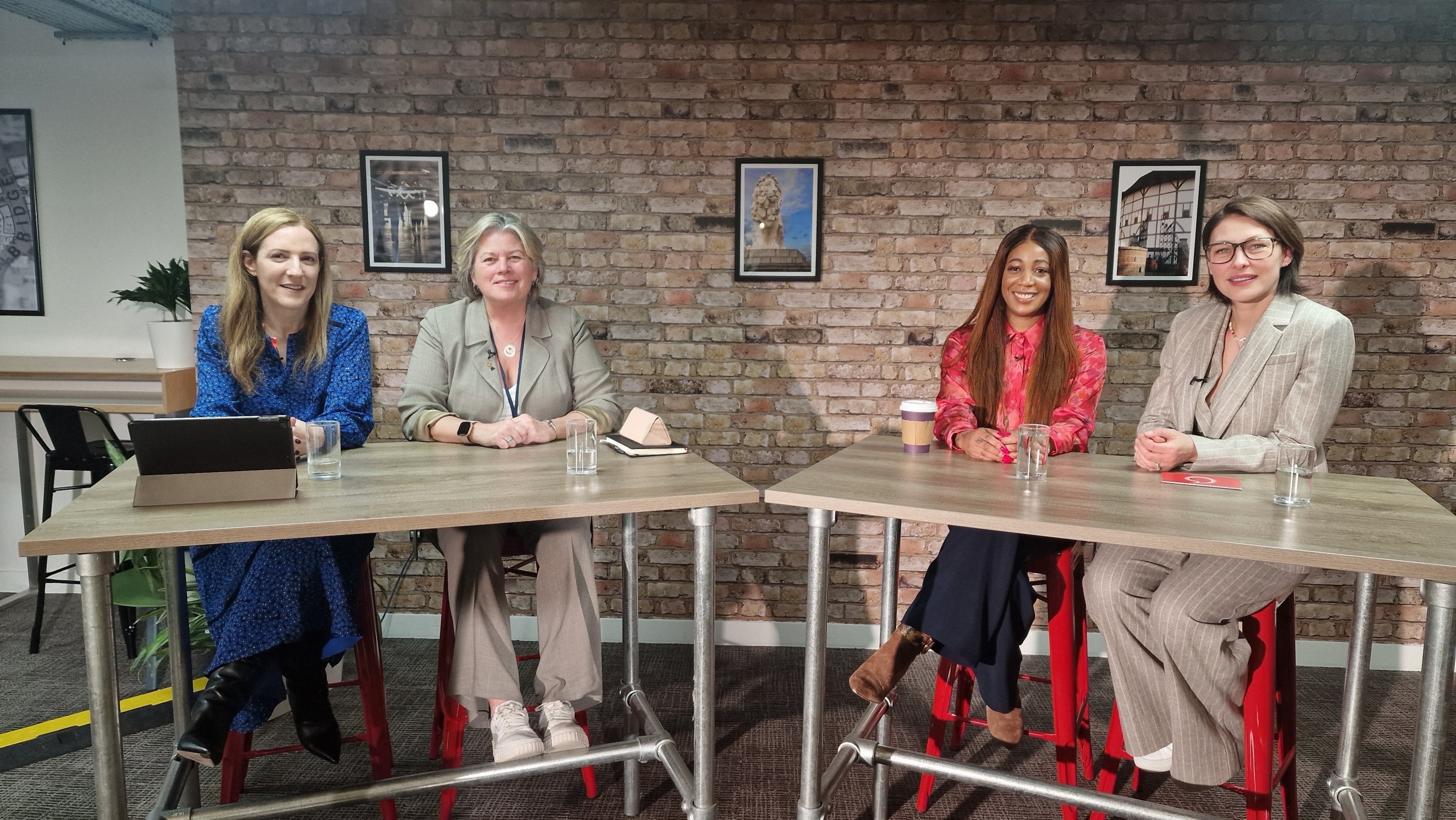
![Nicki-Lead_image[OPTIMISED]](https://www.vodafone.co.uk/newscentre/app/uploads/2023/10/Nicki-Lead_imageOPTIMISED.jpg)

